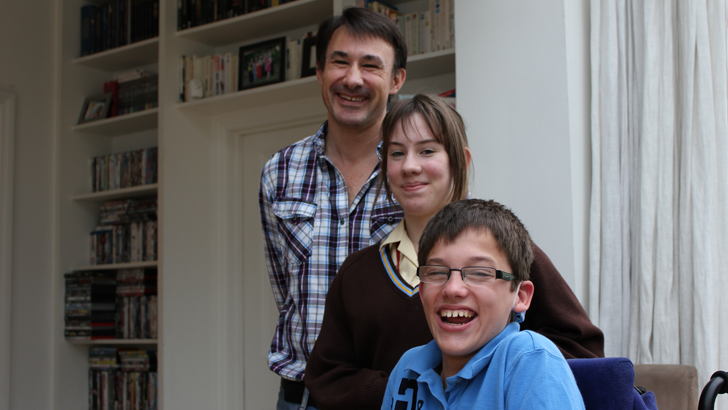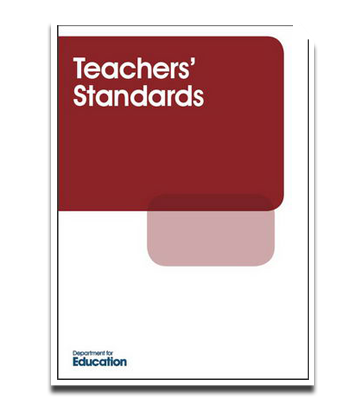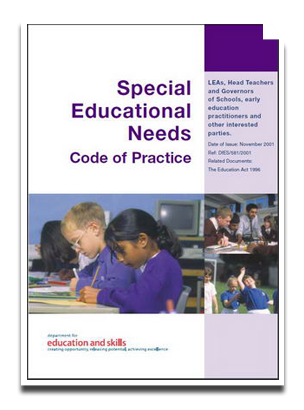
Level D of this module builds upon learning at Levels B and Level C.
Level B of this module introduces core issues for families at, and following, the birth of a baby with SLD/PMLD/CLDD. It gives some idea of families' perspectives and challenges.
Level C focuses on how schools could work alongside families to ease their burden and strengthen their supportive networks.
Level D considers the wider implications of disability and the possible impact this might have for families. For example
in what ways can schools make an effective co-ordinated response to support families in overcoming key issues associated
with their son or daughters severe, profound or complex learning difficulties?
The materials in this level are intended to provide those working with children with SLD/PMLD/CLDD the tools to be able to:
- Synthesise the key principles of Early Childhood Intervention including how they have influenced policy and practice both nationally and internationally; and
- Analyse and evaluate the evidence in literature and policy relating to the key concepts of family-centred/family-focused practice, and identify how a child with complex needs can affect the way a family functions.
Details of the professional standards that apply to all teachers in England can be obtained from the Department for Education website. These standards apply to all teachers regardless of their career stage and all aspects of the standards are relevant to teachers working with children with special educational needs.

As defined by the Department for Education Special Educational Needs Code of Practice (2001), children have special educational needs if they have a learning difficulty which calls for special educational provision to be made for them.
Children have a learning difficulty if they have:
- A significantly greater difficulty in learning than the majority of children of the same age, or
- A disability which prevents or hinders them from making use of educational facilities of a kind generally provided for children of the same age in schools within the area of the local education authority.

With thanks to the professionals who contributed to this module:
Module Content
Professor Barry Carpenter, Academic Director (Special Educational Needs), The Schools Network
Hollie Rawson, Research Assistant, The Schools Network
Jo Egerton, Research Project Co-ordinator (CLDD), The Schools Network
All modules produced by The Schools Network and
Real Group (UK) Ltd for the Training Development Agency for Schools (TDA).
Editorial Team
Dr Mark Turner, Real Group (UK) Ltd
Professor Hilary Constable, The Schools Network
Jo Egerton, The Schools Network
Anne Fowlie, The Schools Network
John Truman, The Schools Network
Annie Grant, Independent Consultant
Production and Design
Jonathan Bond, Real Group (UK) Ltd
Colm Gibson, Real Group (UK) Ltd
David Hutter, Real Group (UK) Ltd
Ruth Earl, Real Group (UK) Ltd
Video, Audio and Photography
Atomic Productions
Project Management
Professor Barry Carpenter, The Schools Network
Alan Macgregor, Real Group (UK) Ltd
Sylvia Paddock, The Schools Network
Dr Mark Turner, Real Group (UK) Ltd
Caroline Ward, The Schools Network
Thanks to all the children, parents, carers, assistants and teachers for their involvement.